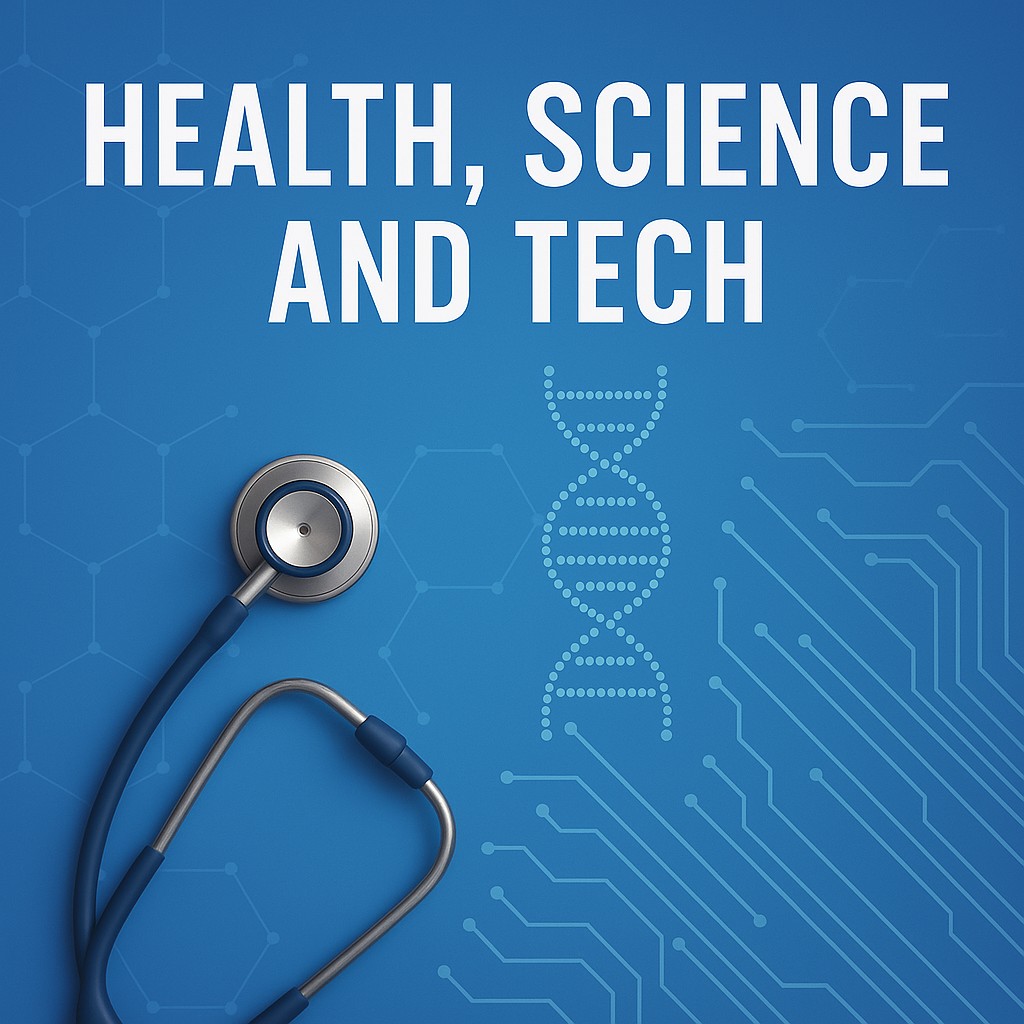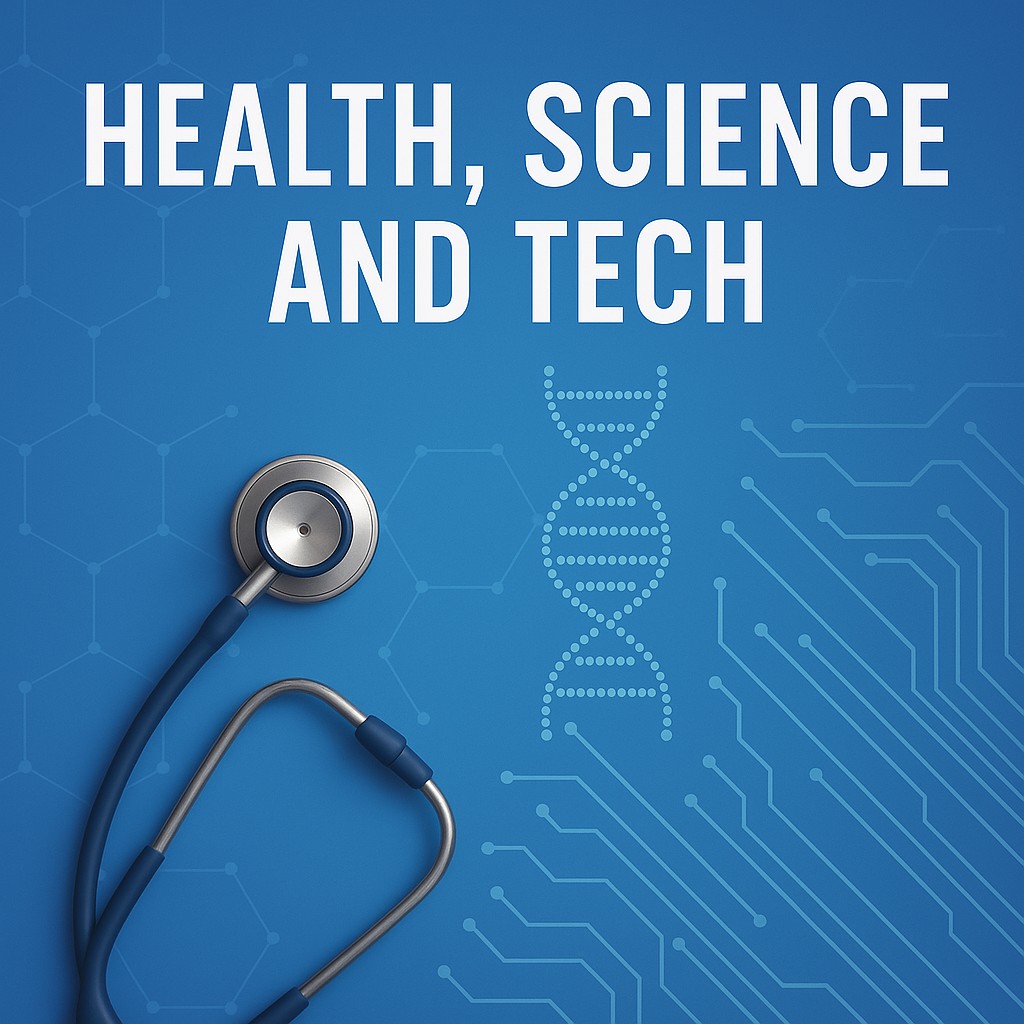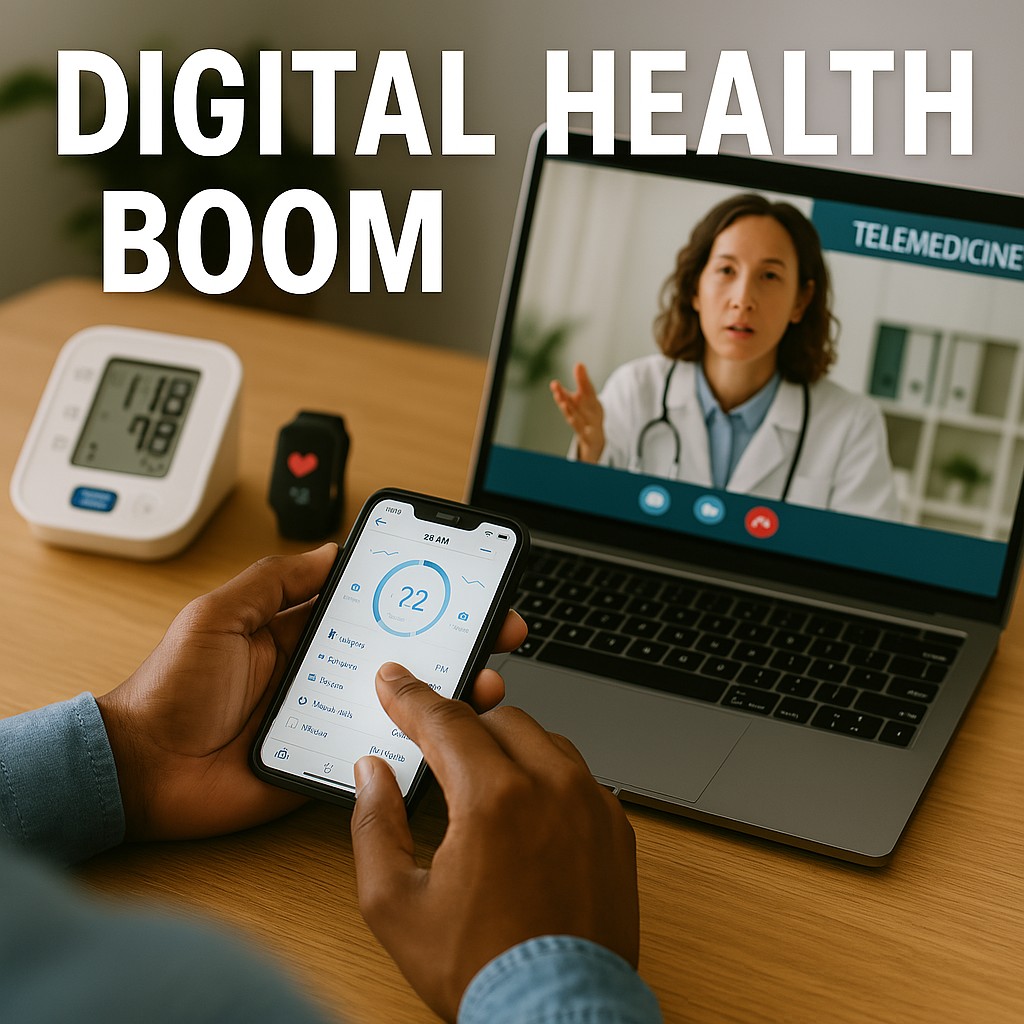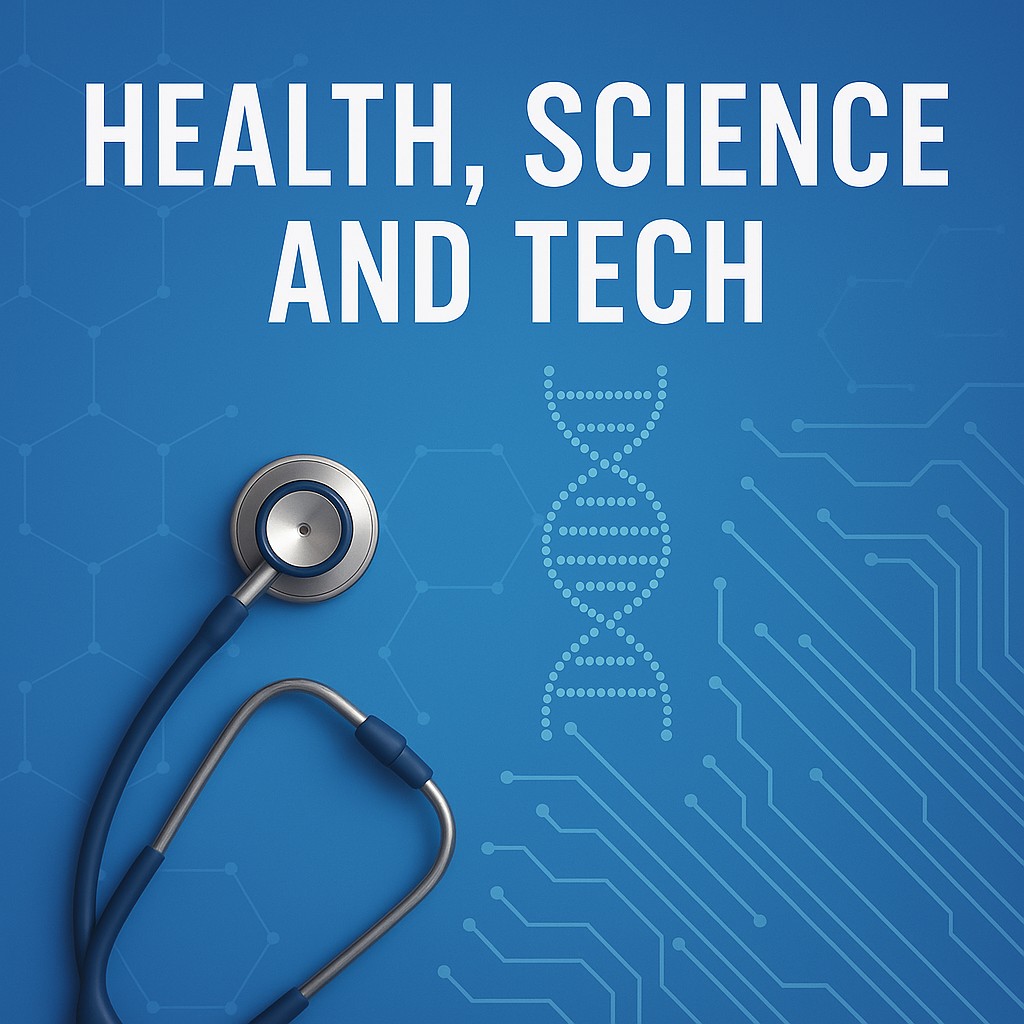
HEALTH
FDA’s HIV Shot Raises Cost, Ethics Questions
In a landmark decision, the U.S. Food and Drug Administration approved the world’s first biannual injectable for HIV prevention. Advocates call it a breakthrough in public health, citing its ability to reduce the burden of daily medication.
But not everyone is applauding. Conservative health policy experts raise concerns about the treatment’s long-term economic impact, particularly given that taxpayers will be footing the bill for public programs. “This sets a precedent for funding personal lifestyle choices with government dollars,” noted policy analyst Karen Ridgewell. Others warn that easy access may unintentionally diminish the urgency for responsible behavior and education-led prevention. The debate highlights a recurring theme: technological progress must be balanced against fiscal prudence and personal responsibility.
SCIENCE
Private Space Sector Outpaces Government Programs
The morning skies over Cape Canaveral lit up with two consecutive rocket launches: SpaceX sent another batch of Starlink satellites into orbit, while United Launch Alliance carried Amazon’s Kuiper satellite payload.
Once again, the private space sector has demonstrated its ability to achieve what government agencies have struggled to match—speed, cost efficiency, and innovation. Critics argue that public agencies are still essential for science, but the evidence increasingly suggests otherwise. From reusable rockets to interplanetary missions, privately funded ventures are delivering on promises NASA made decades ago. And they’re doing it with less red tape and a lot more agility.
TECH
Trump’s Tariff Threats Put America First Again
Donald Trump’s recent warning to smartphone makers that continue outsourcing to Asia has reignited the debate on domestic manufacturing. Speaking at a rally in Ohio, Trump promised “significant tariffs” on electronics produced outside the U.S., framing it as a stand for economic sovereignty.
Opponents argue that such measures will increase consumer prices. Supporters counter that the short-term cost is worth the long-term gain—namely, revitalizing American industry and reducing strategic dependence on China. With tech companies like Apple and Samsung on alert, the pressure is mounting to reshore operations. In an era dominated by global tech giants, Trump’s America-first stance may be the pivot point for renewed U.S. industrial independence.




